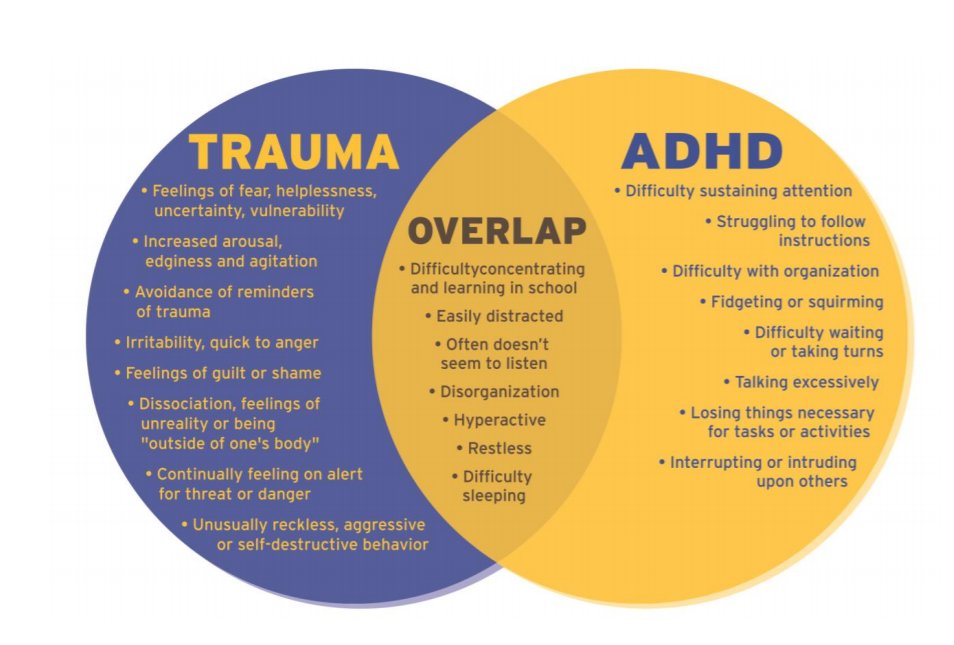
I've been thinking a lot about whiteness this week, and how white supremacy enables white people to understand ourselves as objective and true, and other people's interpretations of us as subjective and flawed.
I think most of us white people would assume that everyone understands the world that way, with themselves at the center, and everyone else on the periphery. But reflecting, I really do think this is a specifically western white experience.
White supremacy that tells us we are "value-neutral", the "normal" to the "other". When you're constantly given the message that you are the norm, it's easy to fall into the trap of seeing your interpretations as unbiased, as logic, as the natural and obvious perspective.
It pays to remember that we are just as subjective as anyone, probably more so because we are rarely reminded of it. Instead it's reinforced to us that our whiteness is normal, and so we can get away with ignoring the way it defines and influences how we interpret the world.
When people challenge us on our racism, it can feel unfair- because our whiteness is so invisible to us that we forget that it's very obvious to others that aren't seeing through that lens, and us not noticing it doesn't mean it doesn't exist.
I remember talking to an incredible Māori friend when I was planning my thesis on parenthood and struggling with how to address race. "I don't know how to do this in a way that captures diverse experiences" I told her. "So don't" she said. "Start by making the whiteness visible".
What she meant was: You don't have to talk about lots of ethnicities to talk about race. But above all else, don't NOT talk about race, and talk in the general sense, when you're actually talking about a white experience. Because the white experience is not general or neutral.
I think about this a lot, and how tired she was of earnest white people (like me) pushing into conversations we won't ever really understand. How we look at racism in others without examining how our own whiteness is not neutral, but actually imbued with power that causes harm.
Whiteness is it's own culture, with it's own norm, cadence, and tone. Treating this as the "truth", and expecting others to work harder if they don't instantly get our "good" intent, hides this, and reinforces our view as the right and correct one. That's white supremacy fam.
P.s this is not a subtweet, please don't treat it as such.
• • •
Missing some Tweet in this thread? You can try to
force a refresh




